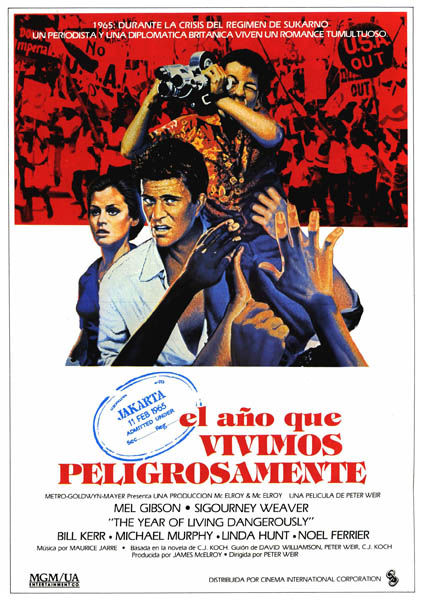My newspaper once requested a contribution from Camilo José Cela and the Spanish Nobel laureate said he would do it for a certain amount. When the accountant in the news room tried to haggle over the price, his response was to send the article for free and conclude it by saying that writers are like bullfighters and hookers, «who can entertain in festivals or screw for caprice, but never lower their price».
The anecdote comes to mind because it is becoming a trend in the Spanish media to ask for free articles, photographs and videos. It is assumed that journalists are desperate enough to work for nothing, perhaps in the hope that customers will find the service satisfying enough and come back for more. But they do not return. Or do it with the same bid.
The money offered by those who pay has been reduced to quantities so unworthy, so unrelated to the effort or merit of the job, it makes you want to respond like Cela. Not by sending the article or the pictures for free, but the editor to hell. And there are still some who rub their hands with the introduction of low cost journalism, I assume because they haven’t read their own publications lately. Haven’t they realized that journalists, like airlines, end up adjusting the quality of the service to the fare? That they are being forced to produce cheap fast reporting to make ends meet?
I say it from a comfortable distance. I was fortunate to start in the business when even print media was booming. My newspaper, El Mundo, has always treated me well. But news outlets need the hustlers of journalism, freelancers who hunt untiringly for the best stories, photographs and videos, their last mortgage payment clinging on getting yet another hit. They force those of us in the payroll to do better. They make the publication better. The profession better.
 That’s why it’s so unfair that in Spain hundreds of them have not been paid in months or get suggestions to work for free, telling them that their job is worthless. «It’s the crisis,» says the old song coming out of the offices. Well, no one picked up the phone in better times to say, «Hey, everything is going so well that we decided to pay you double for your last assignment, the one where they almost blow your head off in Kandahar.»
That’s why it’s so unfair that in Spain hundreds of them have not been paid in months or get suggestions to work for free, telling them that their job is worthless. «It’s the crisis,» says the old song coming out of the offices. Well, no one picked up the phone in better times to say, «Hey, everything is going so well that we decided to pay you double for your last assignment, the one where they almost blow your head off in Kandahar.»
The crisis has become an excuse to disrespect journalists and readers. To send people to war without proper insurance cover. To ask you to write about the Congo from Seville, while sending three reporters to cover a football game and half the newsroom to the latest Royal Wedding. The crisis has become the excuse to fire experienced reporters that used to do one thing well (journalism) and replace them with cheaper and more exploitable youths than can do at least five, often none of them journalism.
I used to tell future reporters that they had chosen the best job in the world. A very precarious profession, certainly, but one with zero unemployment. «Nobody knows of a great exclusive that wasn’t published», I told them in my speeches at universities. «Pack your things, head to a place where things are happening and start telling them to the world. The worst that can happen is that you will end up learning about journalism. And life».
For the first time I doubt my own advice. Going where if editors seem ever less interested in what happens beyond the neighborhood or the cockfighting of national politics? To sell what stories if the money offered does not pay the taxi, hardly the utility bill? To learn what if what is demanded from newsrooms is speed and quantity, disregarding quality?
Perhaps Cela was right and journalists are meant to be like hookers: Working with no schedule, often at night, offering their services to as many customers as possible and enduring those who take advantage of their precariousness to haggle over prices or try to get a free service, promising to bring money and respect next time around. But they do not return. Or do it forgetting to bring either again.
*Translated from the original post in Spanish Putas y Periodistas

I truly enjoy looking at on this internet site , it has
good articles . «Literature is the orchestration of platitudes.» by Thornton.
Greetings! Very helpful advice within this article! It is the little changes
that make the largest changes. Thanks a lot for sharing!